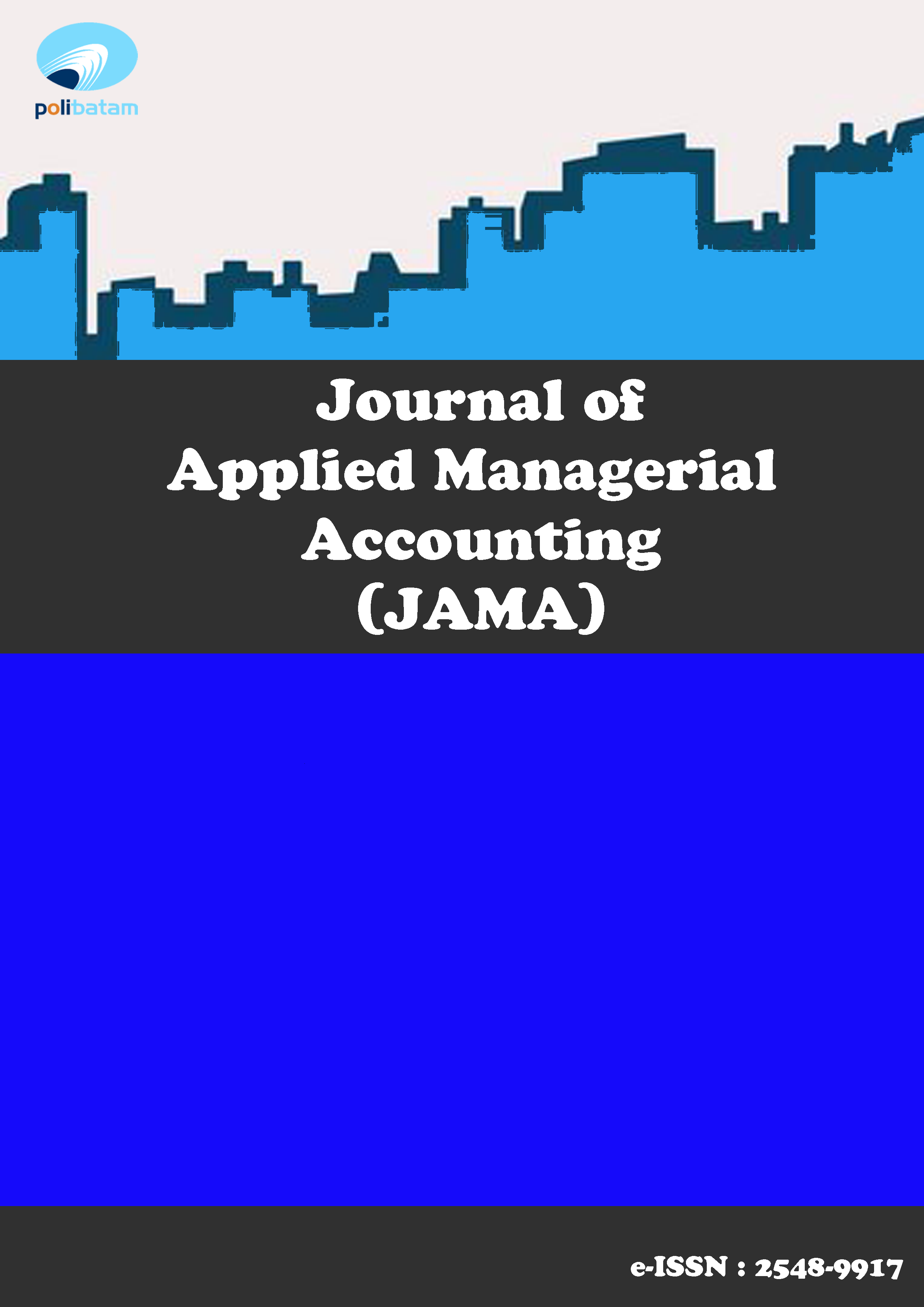Religiosity for Preventing Employee Fraud: a Case Study on a Retail Company
DOI:
https://doi.org/10.30871/jama.v8i1.7080Keywords:
Religiosity, Integrity, Employee Fraud, Anti-Fraud StrategyAbstract
This study aims to explore aspects of religiosity as a prevention of employee fraud in companies. This research is a qualitative study using a case study method through observations and interviews with three employees and one manager at a retail company in Indonesia. The results show that religiosity is a concern for company leaders by making religious activities a routine agenda that is followed by all employees in both formal and non-formal activities, including congregational prayers at the company prayer room, regular weekly recitations, group prayers during the morning briefing and monthly ceremonies, and other activities in commemoration of religious days. Company leaders are able to become role models for employees in implementing religiosity in daily life at the office, thus having an impact on the development of moral integrity for all employees in the company. The role model of the leadership and the moral integrity of all employees make religiosity an effective strategy for preventing potential employee fraud in the company. This research contributes to practitioners in implementing religiosity as a prevention of employee fraud in companies and to academics as literacy related to religiosity as an anti-fraud strategy
Downloads
Downloads
Published
How to Cite
Issue
Section
License
Copyright (c) 2024 Nanang Setiawan

This work is licensed under a Creative Commons Attribution-ShareAlike 4.0 International License.





